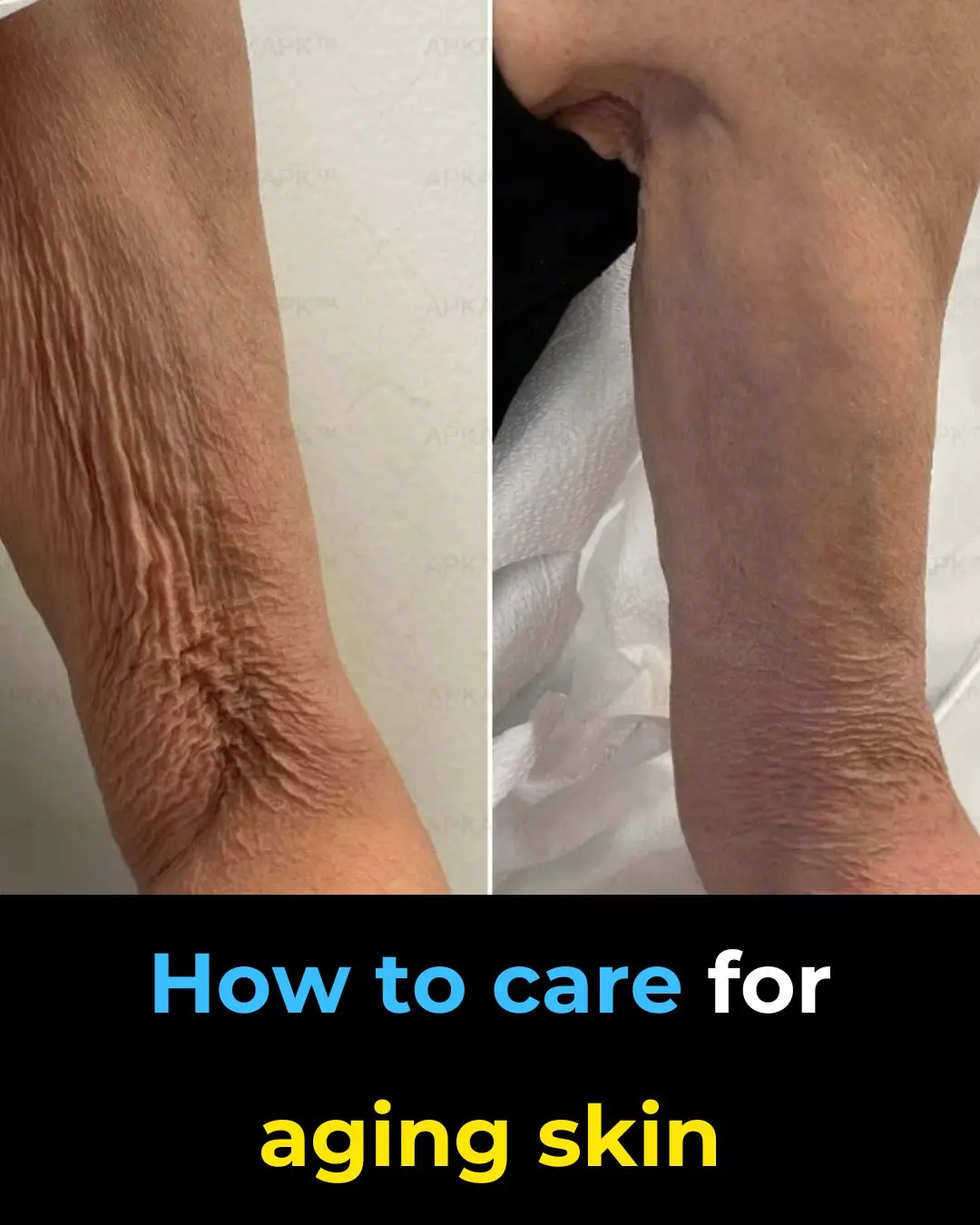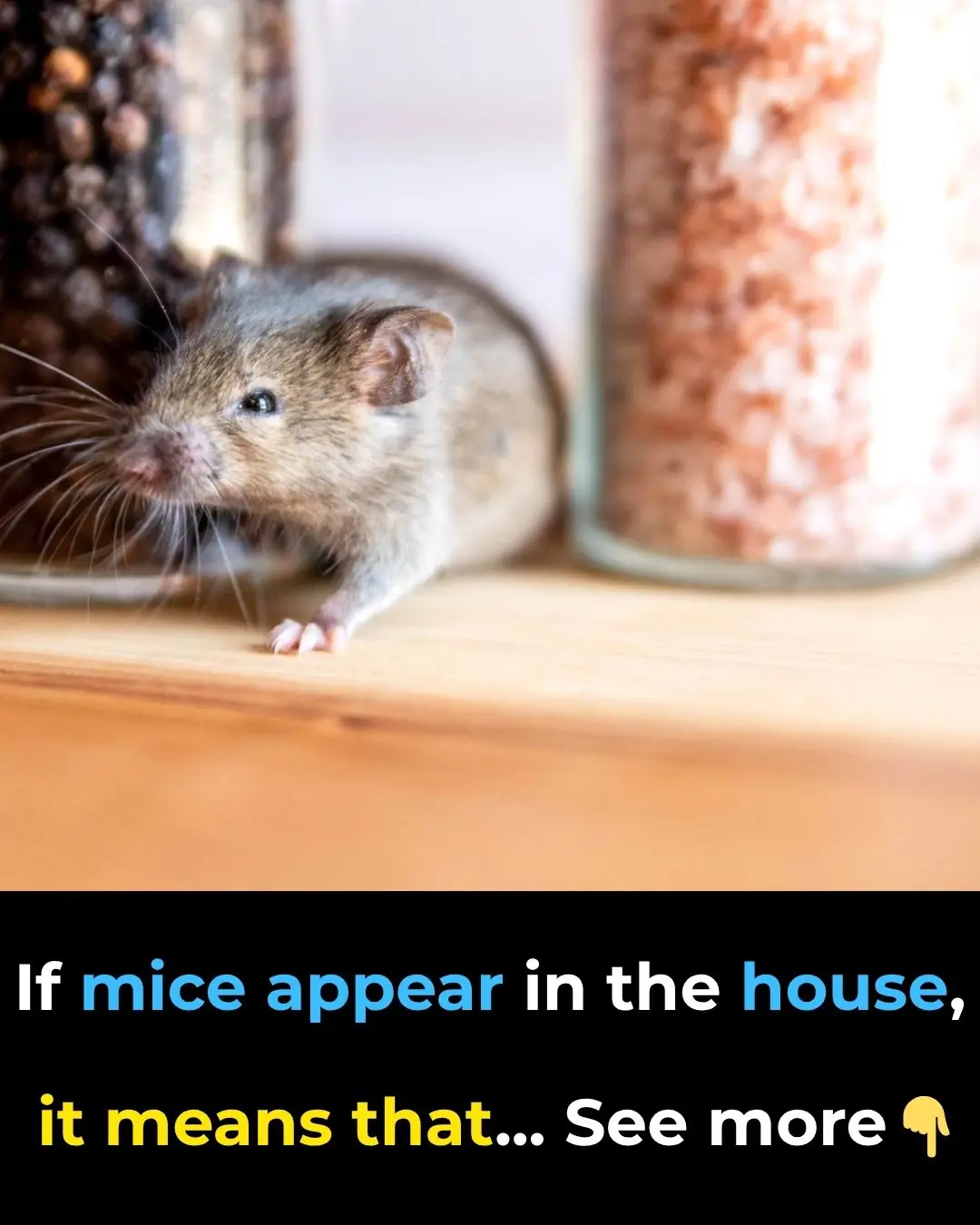
5 types of seafood that are easily 'bathed in chemicals': Looks fresh and delicious but contains toxins, many people buy them without knowing

Seafood Whitening – The Hidden Danger Behind That Shiny Surface
At first glance, the seafood displayed at local markets can look irresistibly fresh: gleaming white shrimp, crystal-clear squid, spotless clams without a trace of mud. Yet few consumers realize that this “fresh look” may be more illusion than truth. To preserve color and extend shelf life, some vendors resort to using industrial chemicals such as hydrogen peroxide, formalin, or sulfite-based bleaching agents.
According to Assoc. Prof. Dr. Nguyen Duy Thinh from the Institute of Biotechnology and Food Technology at Hanoi University of Science and Technology, as cited by VnExpress:
“These chemicals can damage the liver and kidneys and, if accumulated over time, may even lead to cancer.”
The alarming truth is that many consumers still lack the knowledge to distinguish clean, naturally fresh seafood from chemically treated ones. This knowledge gap has allowed unsafe practices to flourish in traditional markets and even in some wholesale supply chains.
Tiger Shrimp – From Dull Grey to Artificially White
Shrimp is one of the most commonly “whitened” seafood items. Naturally caught tiger shrimp often have slightly dark or speckled shells, with blackish spots near the head – all signs of a real, fresh catch. However, many shoppers mistakenly believe that the whiter the shrimp, the fresher it must be. This misconception gives dishonest sellers an easy advantage.
To make shrimp appear brighter, vendors may soak them in hydrogen peroxide or sulfite solutions, stripping away their natural pigment and giving them an unnaturally shiny look.
How to recognize treated shrimp:
-
Shrimp that are too white, glossy, and evenly colored.
-
The head detaches easily or the body feels soft and mushy, lacking elasticity.
-
A faint chemical or sour odor instead of a clean, briny scent.
Squid – Clear and Shiny, But Potentially Toxic
Squid naturally lose color quickly after being caught, which makes them an easy target for chemical whitening. To keep them bright and appealing, some sellers soak squid in limewater, hydrogen peroxide, or even industrial bleach.
According to ZingNews, health experts warn that these chemicals can irritate the digestive system and, with long-term exposure, may even alter cellular structures and increase cancer risks.
Warning signs of chemical treatment:
-
Squid that appear milky white and slick, with no natural sliminess.
-
When cut open, there’s no characteristic seafood smell, replaced by a faintly pungent or plastic-like odor.
-
When cooked, the squid may turn rubbery and release cloudy or foamy water.
Clams – Too Clean to Be True
Fresh clams typically have mud or sediment on their shells, especially when newly harvested. If you find clams that are perfectly white, polished, and even slightly fragrant, chances are they’ve been soaked in chlorine-based cleaning agents or formalin.
Some consumers assume that such cleanliness is a result of thorough washing, but in reality, it’s often due to chemical treatment aimed at making them look “hygienic.”
Telltale signs:
-
Clam shells that are unnaturally white and smooth.
-
When boiled, the broth becomes cloudy, with a strange, soapy smell instead of the natural ocean aroma.
Octopus – The Whiter, the More Dangerous
Fresh octopus usually has a light gray or slightly opaque color, a soft, flexible body, and faint ink marks. If you encounter octopus that looks chalky white or powdery, it’s likely been treated with sulfite or bleaching agents.
Dr. Tran Ngoc Luu Phuong from Nguyen Tri Phuong Hospital, quoted by Dan Tri, warns:
“Excessive use of sodium sulfite can damage the stomach lining, liver, and kidneys, and long-term exposure increases cancer risk.”
Clues to spot treated octopus:
-
Body looks too pale or glossy, lacking natural texture.
-
When cooked, it may shrink excessively and lose its ocean flavor.
-
The water turns milky white during boiling.
Dried Fish – “Whitened” to Look Fresh Again
Even dried seafood is not immune. To disguise age, mold, or poor preservation, some sellers soak dried fish in sulfite or chlorine solutions. The result is a batch of fish that looks freshly sun-dried – deceptively new, yet potentially harmful.
Avoid fish that:
-
Appear bright white or unnaturally shiny.
-
Have a strong chemical smell instead of a mild, natural saltiness.
-
Feel too soft or sticky to the touch.
How to Protect Yourself and Your Family
-
Buy from trusted sources: Choose reputable markets, certified seafood stalls, or established supermarket chains with clear origin labeling.
-
Prefer live or whole seafood: Whenever possible, buy seafood that’s still alive or only minimally processed, then clean and prepare it at home.
-
Use your senses wisely: Observe color, texture, and smell. Any product that looks too perfect or smells chemical should raise a red flag.
-
Be cautious with cheap prices: Fresh, clean seafood is never suspiciously cheap. Unrealistic prices often signal hidden risks.
-
Learn local fishing seasons: Buying seafood in-season not only ensures better flavor but also reduces the chance of buying stored or chemically preserved products.
-
Rinse thoroughly: Soak seafood in clean saltwater or lightly acidic solutions (like vinegar and lemon juice) before cooking to help remove surface residues.
Final Thoughts
A family meal is more than just nourishment – it’s an act of care and love. But that care begins long before cooking; it starts with what we choose to buy. Don’t let a lack of awareness lead to long-term health risks for you and your loved ones.
Seafood is a gift from the ocean – rich, nourishing, and meant to be enjoyed safely. Choose wisely, eat consciously, and respect what nature provides.
News in the same category


7 Common Health Issues That Keep Appearing Could Be Early Warning Signs of Cancer

Small Life Hacks That Can Be Life-Saving

How to Sharpen Dull Scissors Without a Sharpening Stone: Simple and Effective Method

When Staying Alone in a Hotel: Place Two Cups on the Door Handle – A Small Action with Big Benefits

15 Things You Should Never Do to Protect Yourself from Lightning During Thunderstorms
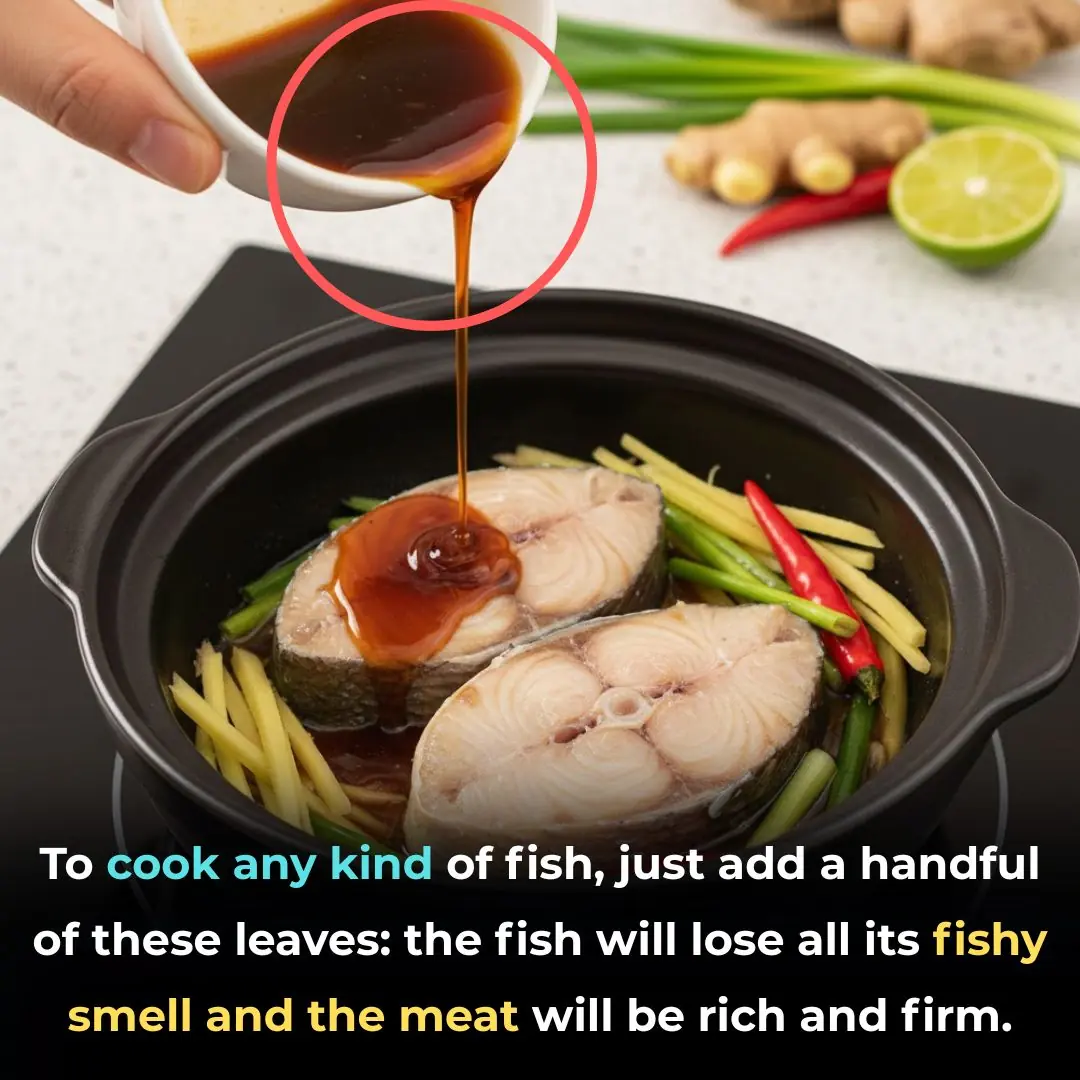
To cook any kind of fish, just add a handful of these leaves: the fish will lose all its fishy smell and the meat will be rich and firm.

Great tips when growing pothos, in just 3 months the plant will form a beautiful green carpet

The washing machine makes loud noises and shakes violently when spinning: Don't rush to call a repairman, just do this and the machine will run smoothly.
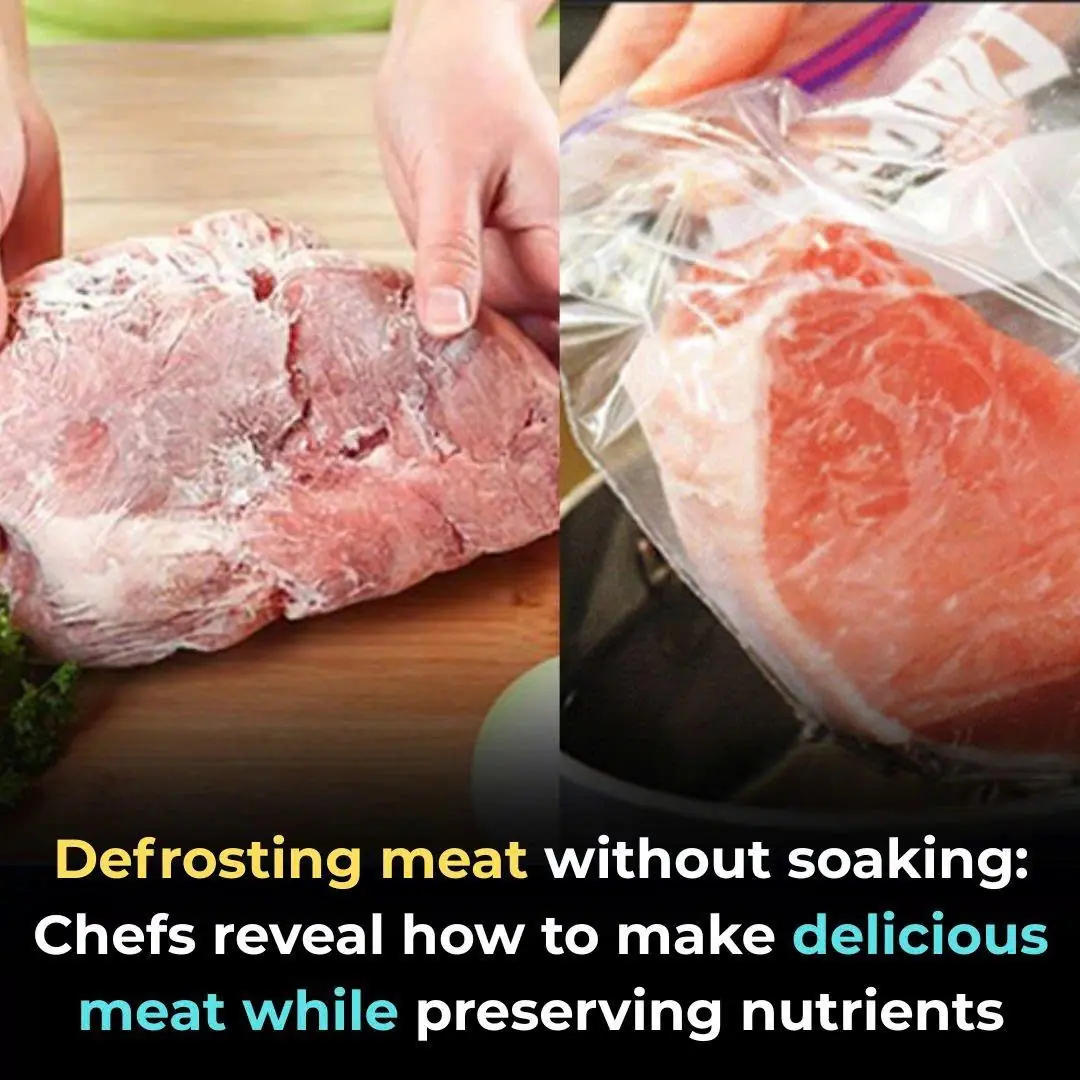
Defrosting meat without soaking: Chefs reveal how to make delicious meat while preserving nutrients

If the beans are cooked quickly, they will be soft and delicious in no time, saving gas/electricity.
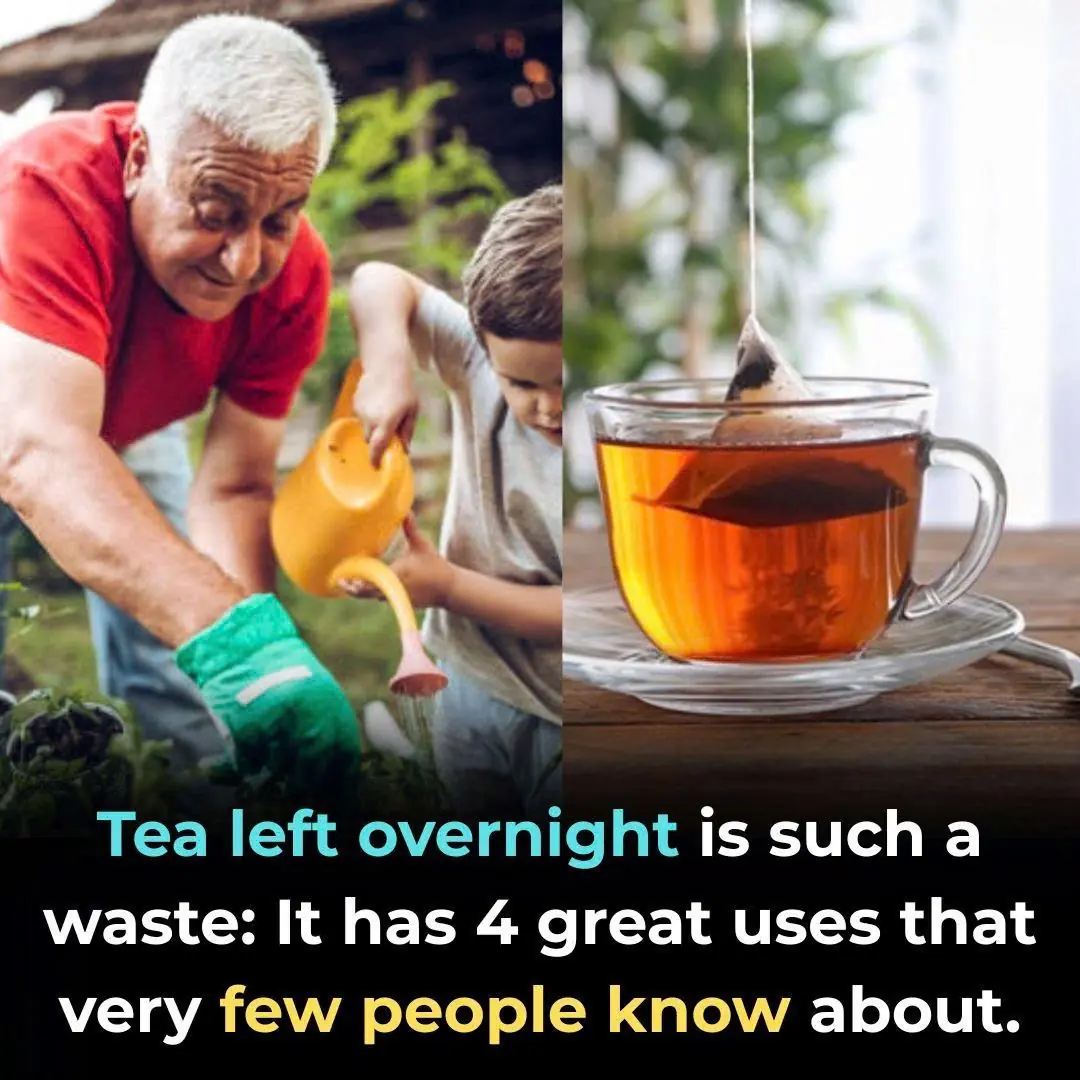
Tea left overnight is such a waste: It has 4 great uses that very few people know about.

Banana flower – from pig food to Asia's number 1 delicacy: Revealing 2 simple ways to make it

Bathroom tiles are often moldy, dirty, and yellowed: Here are 5 cheap tips to help keep your bathroom tiles clean and shiny.

Denver Bans the Sale of Dogs, Cats, and Rabbits, Paving the Way for More Shelter Adoptions

Foods You Should Never Put In Your Air Fryer

How to Store Ginger to Keep It Fresh for Longer

Why You Should Never Pour Hot Water Into Your Kitchen Sink
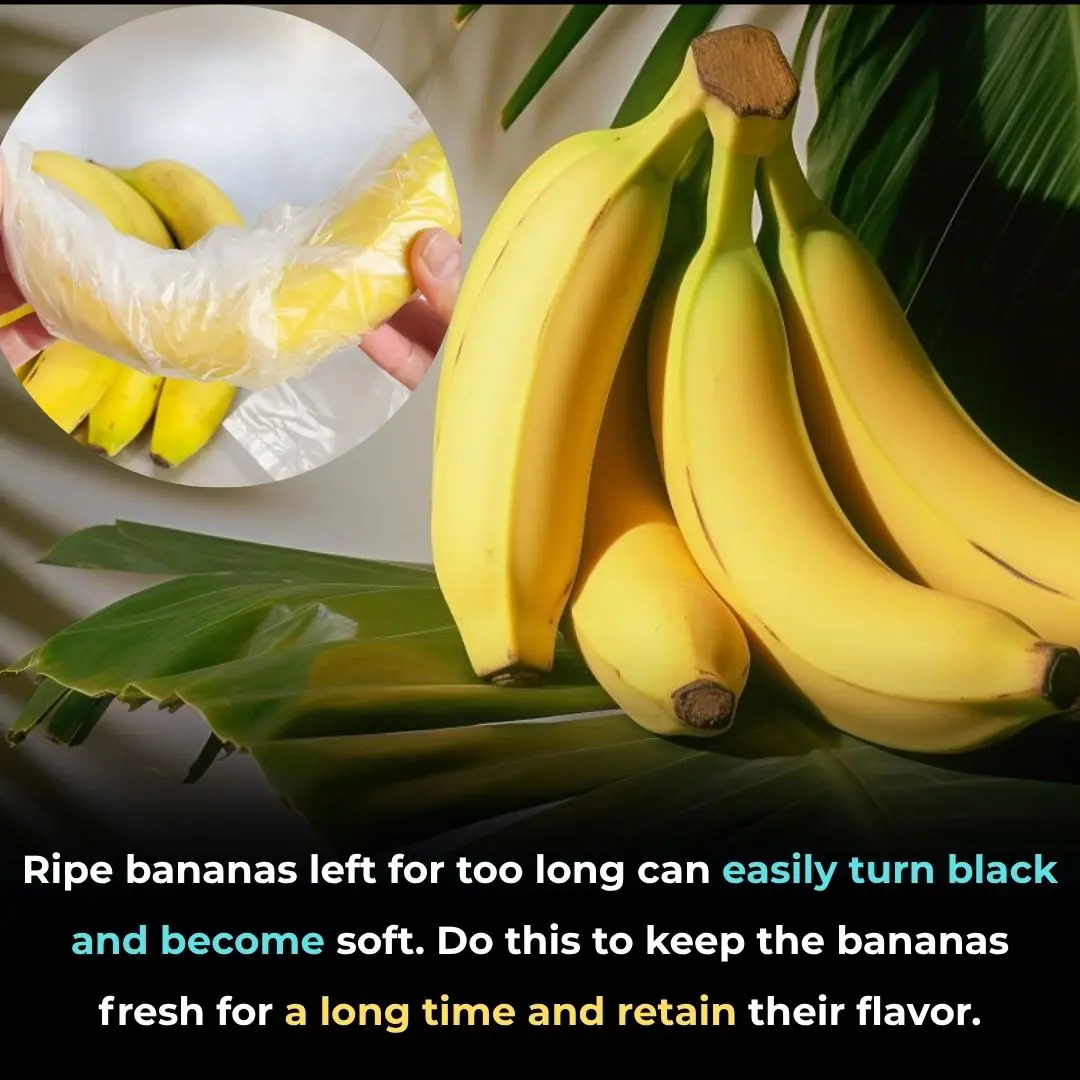
Ripe bananas left for too long can easily turn black and become soft. Do this to keep the bananas fresh for a long time and retain their flavor.

Mistakes many Vietnamese people make when preserving eggs – be careful not to invite them into your life.
News Post

Angel the Traveling Cat Launches Global Campaign: “We Are Not Baggage, We Are Living Beings”

The Tie of Humanity: When a Simple Gesture Bridges Two Lives

A Lesson in Compassion: How One Encounter Changed My Perspective

“Yes, I Want Her”: A Mother’s Powerful Response and a Daughter’s Journey of Belonging

Robert Redford and the Lessons of the Horse Whisperer.

Heroes in the Flames: The Firefighters Who Saved More Than Lives.

When Hopscotch Became a Miracle.

The Puppies in the Box: A Story of Rescue and Second Chances.

When Rescue Becomes Family: The Story of Baby Joy and KT.

A Mother’s Worst Fear—and a Community’s Relief.

How to Get Rid of Constipation: The Best Home Remedies That Really Work

If mice appear in the house, it means that...

7 Common Health Issues That Keep Appearing Could Be Early Warning Signs of Cancer

Small Life Hacks That Can Be Life-Saving

How to Sharpen Dull Scissors Without a Sharpening Stone: Simple and Effective Method

The Best Scientifically Proven Foods to Cleanse Your Liver

Flush the toxins silently damaging your kidneys — with these 13 powerful cleansing foods
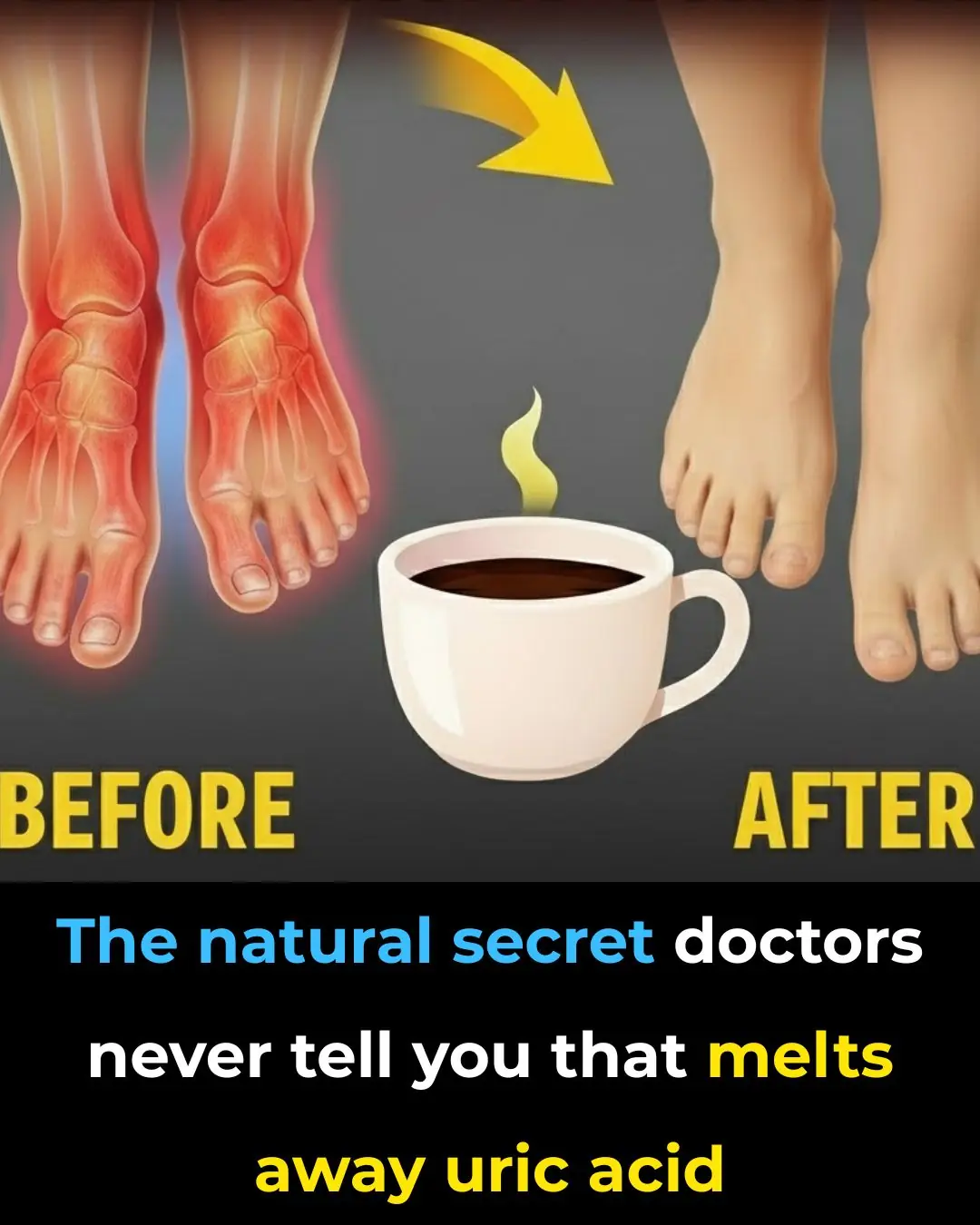
The Best Natural Gout Treatments: Remove Uric Acid Crystallization To Prevent Gout And Joint Pain

4 things your hands could be telling you about the health of your kidneys
